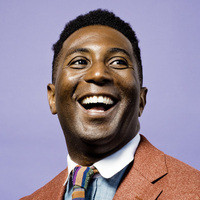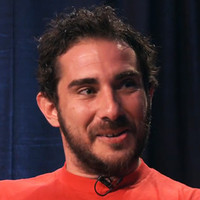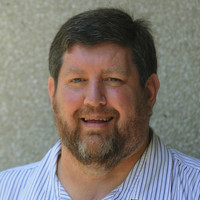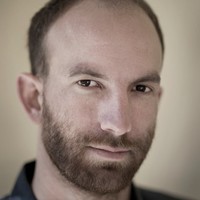Alex Kotlowitz is a journalist whose work has appeared in print, radio, and film. He’s the author of three books, including There Are No Children Here: The Story of Two Boys Growing Up in the Other America.
“The truth of the matter is, given what we do, we’re always outsiders. If it’s not by race or class, it’s by gender, religion, politics. It’s just the nature of being a nonfiction writer—going into communities that, at some level, feel unfamiliar. If you’re writing about stuff you already know about, where’s the joy in that? Where’s the sense of discovery? Why bother?”
Thanks to MailChimp and MeUndies for sponsoring this week's episode.





















